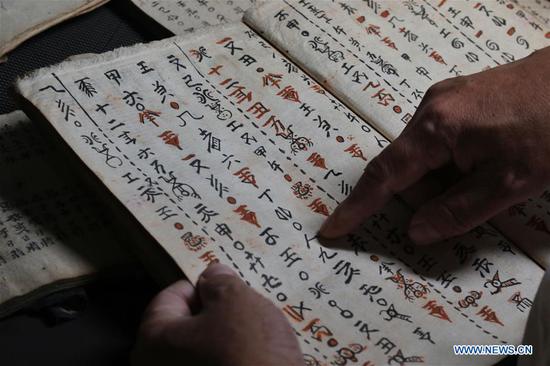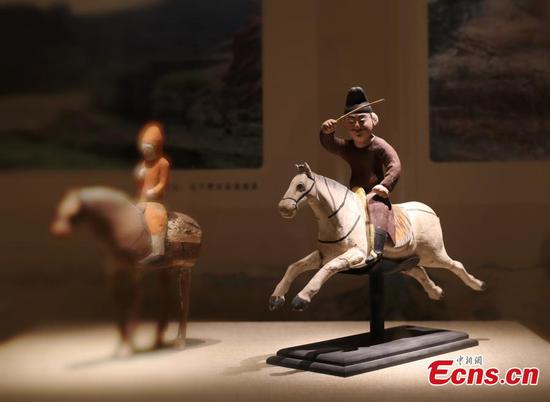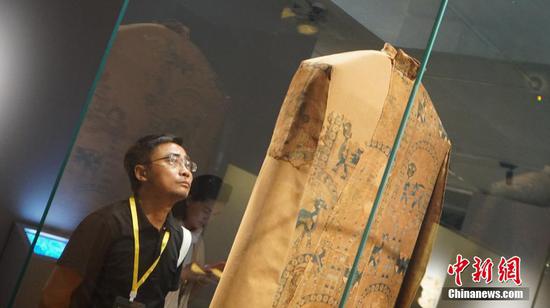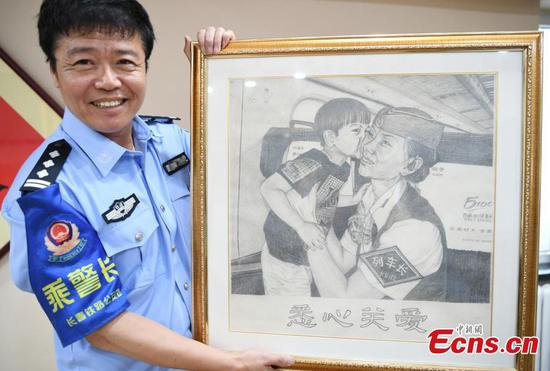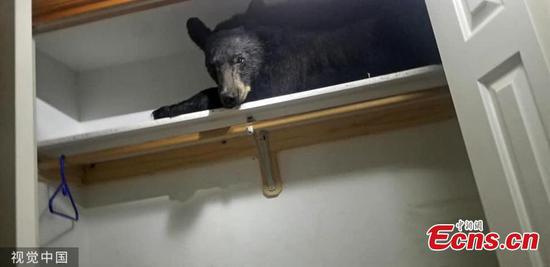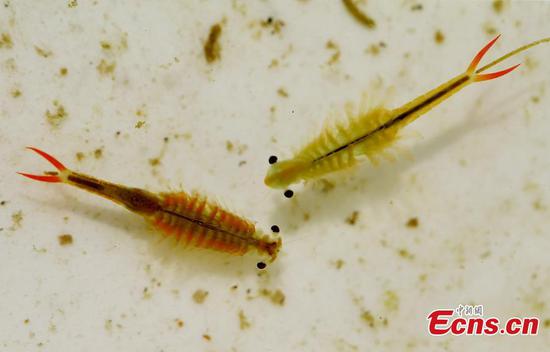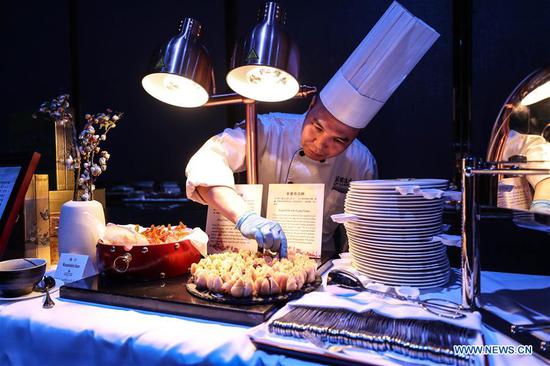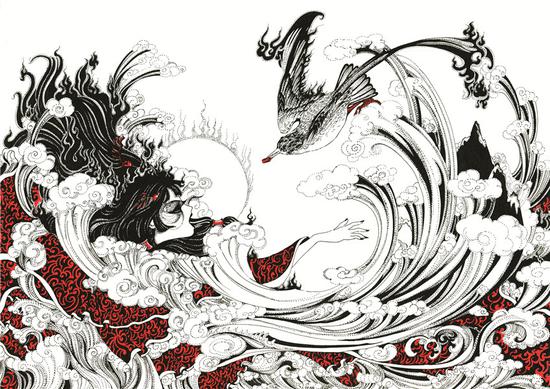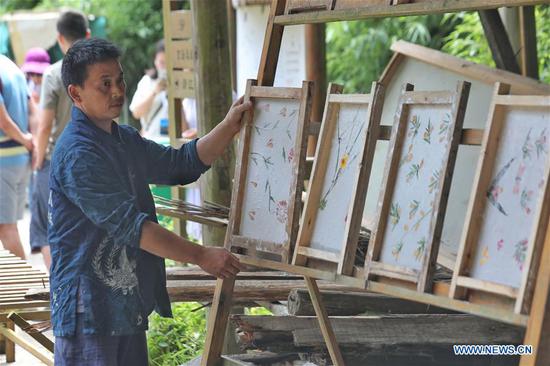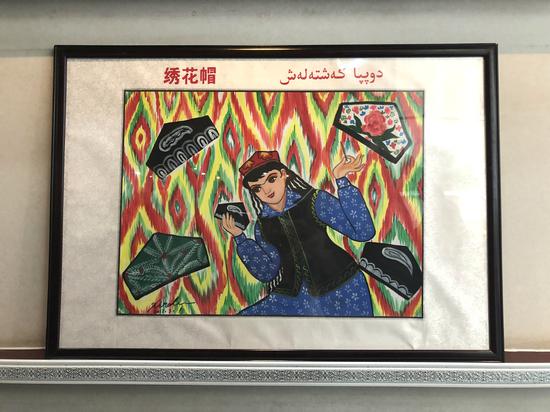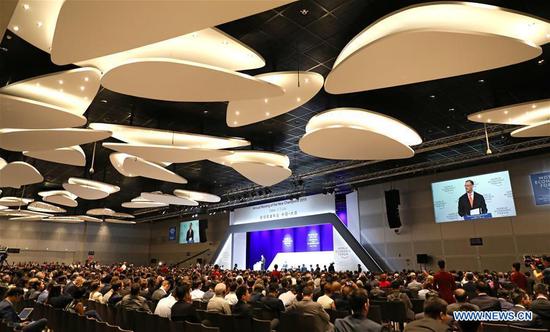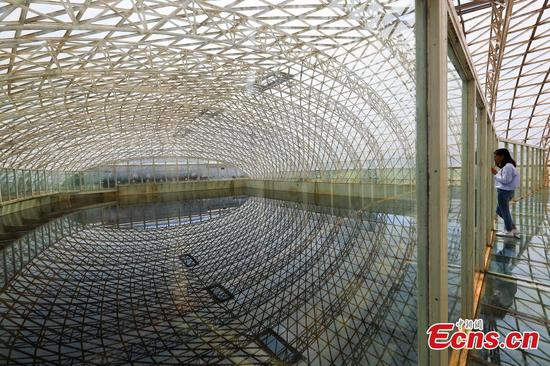
Yaks have been part of Tibetan life for centuries. (CHINA DAILY)
Over 40 years ago, Wu Yuchu was trapped in a blizzard in the Tibet autonomous region.
It was 1977, two years after Wu had started working in Tibet. He and more than 50 other people had to hide in a mud-brick house while the blizzard raged. Temperatures outside dropped to -30 degrees Celsius, and food was running out. Hope seemed to be fading away.
When the rescue team finally arrived with yaks carrying lifesaving supplies, Wu immediately bonded with the beasts.
He could not have imagined that the bond would last for decades. Yaks saved his life, and he has spent most of his life promoting the animals.
"I have watched and studied them since then," Wu said. "I grew really fond of them, and I wanted to know more about the species."
His yak studies remained a hobby until 2014, when he became the curator of the Yak Museum in Lhasa, capital of Tibet.
With a total investment of more than 100 million yuan ($14.5 million), it is the country's only yak-themed museum.
"Now I see yaks every day, and I can tell more people about them," the 65-year-old said. He has even given himself a Tibetan name which roughly translates as "the old yak man".
As a Tibetan saying goes, "Where there is a Tibetan, there are yaks". The animal has been part of Tibetan life for centuries. They are used for food, clothing, incomes, labor and transport, and the animal is even a religious symbol.
For these reasons, Wu is warmly welcomed when he goes to collect exhibits from every corner of Tibet. Locals not only donate items when Wu visits their homes, but also trek from remote areas to Lhasa just to offer their help.
The museum has also received a donation of 86 items from a Nepalese businessman. Many of its exhibits have been shown in big cities like Beijing and Guangzhou, Guangdong province.
The Yak Museum is not only Wu's spiritual sanctuary, but also a place for the young people to learn about their ancestors' way of life and scholars to search for different perspectives.
"Of course, one of the most frequently asked questions is 'What does yak meat taste like?'" Wu joked.













